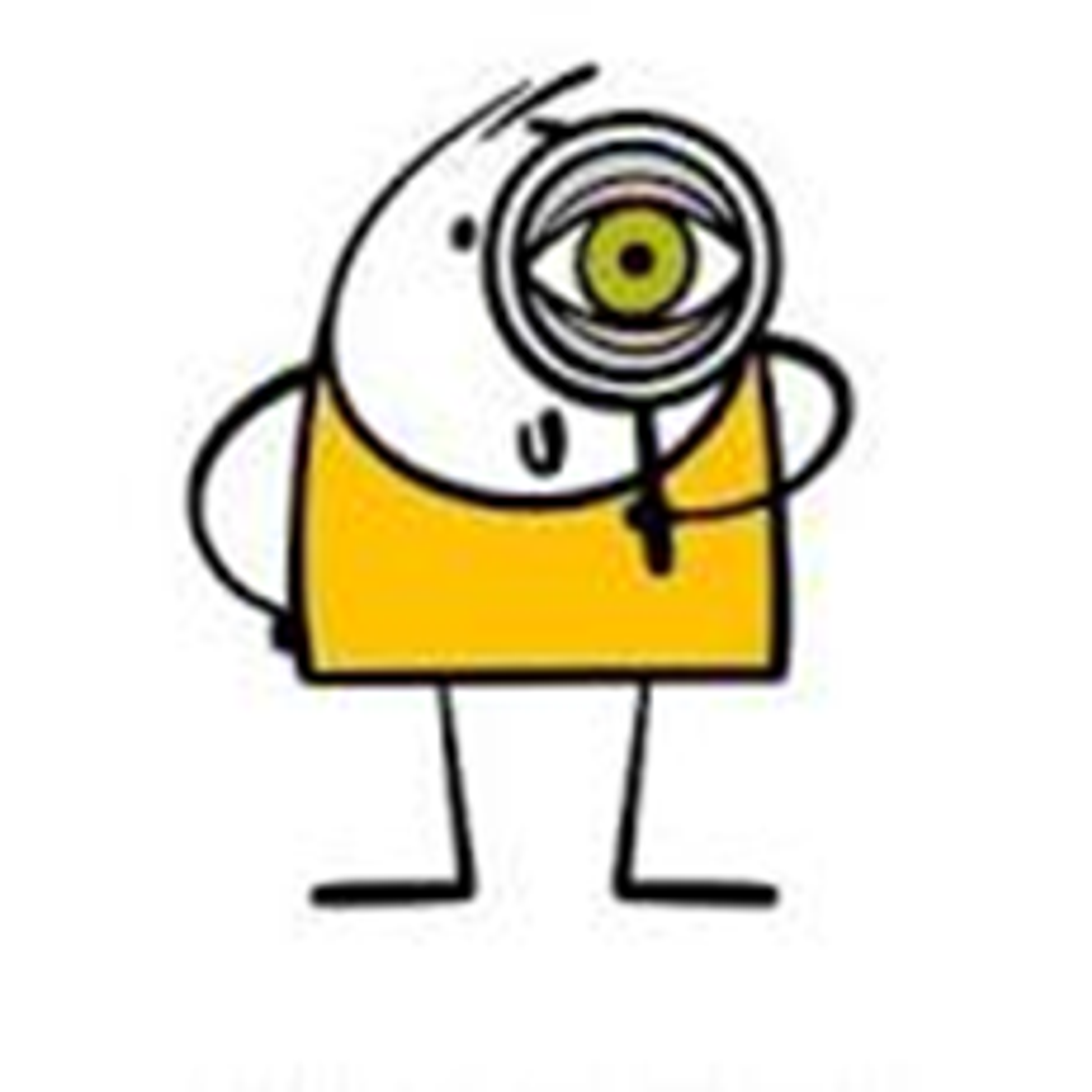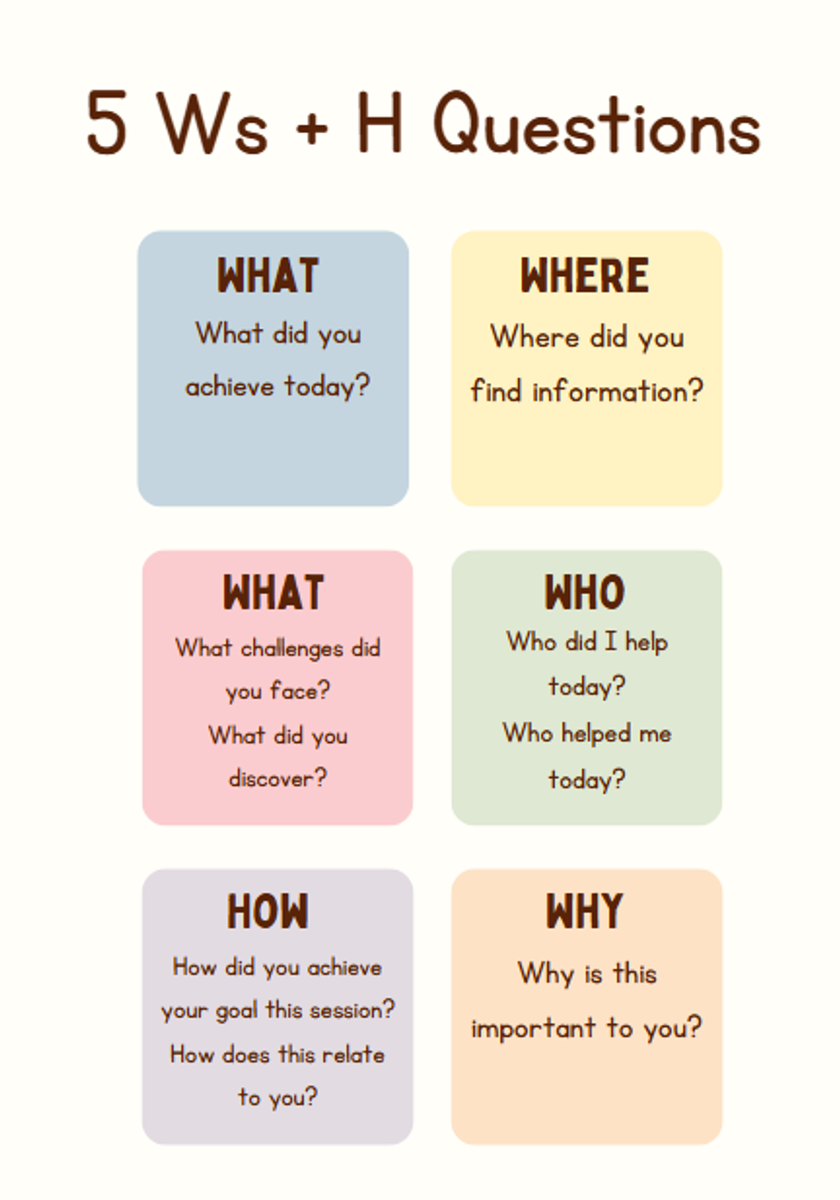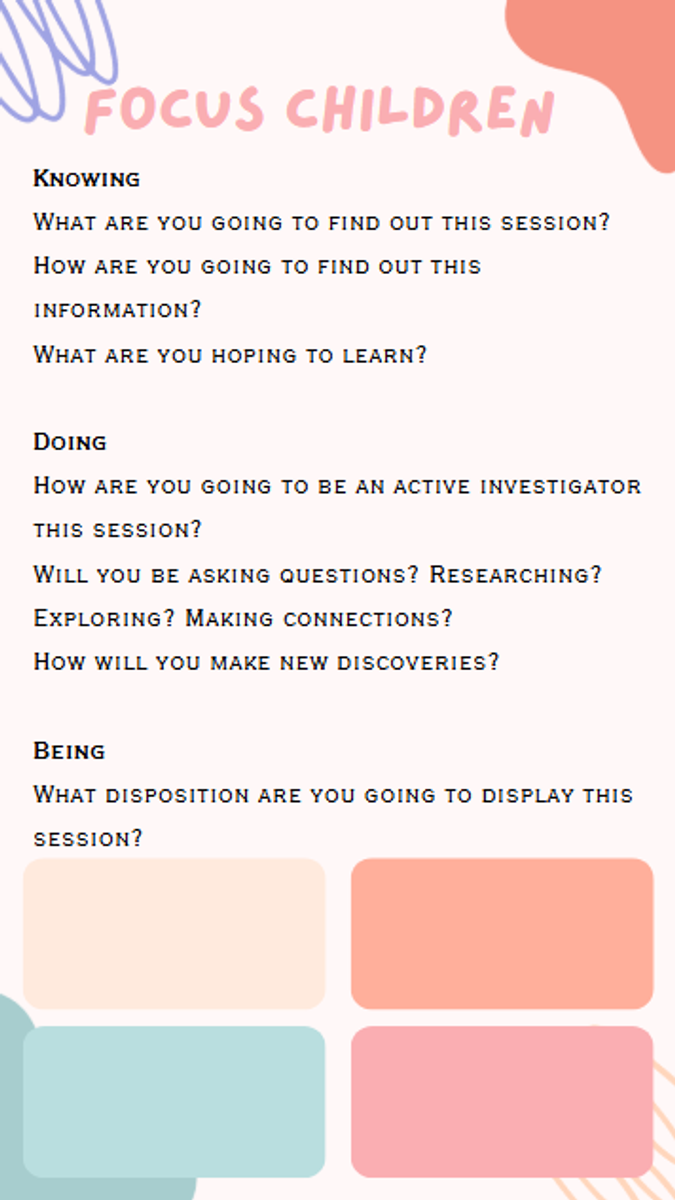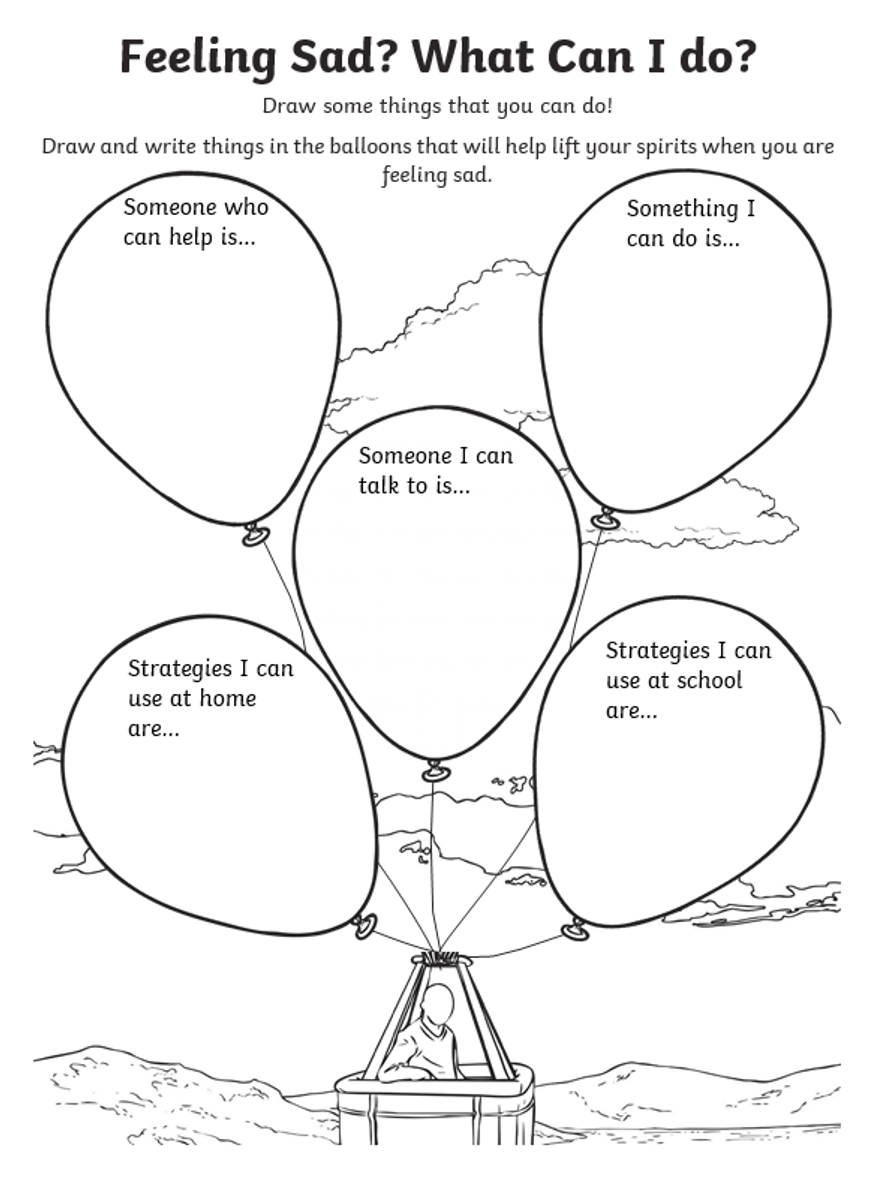Year 3/4 Bulletin

Big Idea/ERP Sessions
The way we understand and manage our emotions, build relationships, and solve problems shapes our identity and our role in our local community.
How do my emotions and actions influence my relationships with friends, family, and people in my community?
How can I resolve conflicts in a fair and respectful way to help make my community a better place?
What skills and strategies help me work with others and contribute positively to my school and local community?
Big Idea Sessions – How They Work
Big Idea sessions are designed to encourage curiosity, collaboration, and independent thinking. These sessions follow a whole-small-whole structure to guide student learning effectively.
Structure of a Big Idea Session
- Whole Group – The session begins with a group discussion where students share ideas, set goals, and explore key concepts.
- Small Group/Independent Work – Students work individually or in small groups, applying their ideas, investigating topics, and problem-solving.
- Whole Group Reflection – The session ends with a check-in where students share their progress, challenges, and next steps.
Focus Children
Each session, four students are chosen as Focus Children. This provides them with a structured opportunity to:
Share what they are looking forward to learning or working on.
Ask for support from their peers or seek suggestions on what to do next.
Reflect on their progress at the end of the session.
Clinic groups offer targeted support during the independent work phase, allowing students to receive guidance on specific skills or challenges.
This approach ensures that all students have a voice in their learning and receive the support they need to develop confidence, independence, and problem-solving skills.
Whole
During the session, students were guided through strategies to help them return to the “green zone” both at school and outside of school. The teacher modeled different self-regulation techniques, demonstrating how to recognize feelings of dysregulation and take steps to refocus. Strategies included movement breaks, breathing exercises, using sensory tools, and seeking help when needed. Students discussed times they might feel overwhelmed and explored which strategies work best for them in different environments. The session reinforced the importance of self-awareness and provided practical tools for managing emotions and maintaining focus throughout the school day.
Focus Children
Children were brought to the front of the class and prompted with a strategy they use at home or at school. If they weren't sure, they were allowed to discuss what they're looking forward to finding out during the session.
Small
After the teacher modeled strategies for returning to the "green zone," students reflected on their own regulation techniques by filling out their "small" balloons. In these, they identified specific actions they could take when feeling dysregulated, such as movement breaks, talking to a trusted person, or using a calming strategy. They also considered who they could seek support from both at school and at home. This activity helped reinforce personal awareness and encouraged students to take ownership of their self-regulation strategies in different environments.
Whole
In the next whole group portion of the session, students engaged in an interactive activity where they moved around the room to find classmates who shared the same self-regulation strategies as them. This encouraged discussions about different ways to return to the "green zone" and helped students see that others use similar techniques to manage their emotions. To conclude, we checked in with the Focus Children, who shared their reflections on the session, what strategies they found most helpful, and any next steps they planned to take in their own self-regulation journey.
Focus Children Check In
After the session, children who were the focus children were brought back up to the front to share their findings. They discussed one strategy they learned from another student.
Allira, Richard and Nellie
Year 3/4 Team
Allira.Zeneli@education.vic.gov.au



